Study Shows Infants Are Affected by Fluoride
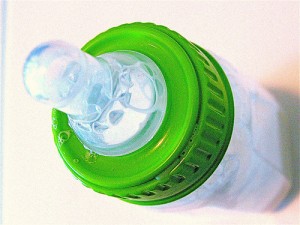
Infant formula mixed with fluoridated water has been shown to have adverse effects on an infant's dental health.
One study, published in The Journal of the American Dental Association, has found that even young infants are being affected by dental fluorosis. Researchers took into account the dental health of infants ages three to nine months, as well as children between the ages of 16 and 36 months. The study focused on infants and toddlers that were fed infant formula and other beverages mixed with fluoridated water.
The study concluded that, "Greater fluoride intakes from reconstituted powdered formulas (when participants were aged 3–9 months) and other water-added beverages (when participants were aged 3–9 months) increased fluorosis risk, as did higher dentifrice intake by participants when aged 16 to 36 months." (Levy, Broffitt, and et al 1190-1201)
This study shows that fluoride in the water system is causing adverse reactions in the youngest members of the population. An increasing number of people are affected by dental fluorosis, which occurs when the tooth enamel becomes brittle and discolored from fluoride. While many health officials claim that fluoride prevents cavities and tooth decay, there is evidence that refutes this claim. that is formulated using leftover waste from the fertilizer industry. It causes the bones and teeth to become weak and brittle, and there are also serious concerns that it causes cancer, brain and kidney damage, and a lower I.Q.
Besides the risks associated with mixing infant formula and fluoridated water, there are also several other problems that arise when parents feed their children formula. Commercial infant formula does not provide a child with the nutrition he or she needs, as it is artificial and is lacking in nutrients. While the ingredients in commercial formula will vary depending upon the manufacturer, there are some brands that contain ingredients parents should be wary of.
One common ingredient of formula is corn syrup, which is a that has been manufactured. The body does not recognize processed and artificial sugars such as corn syrup, which causes the body to not digest it properly and could contribute to problems with a person's dental health. Any food that is overly sweet can cause blood sugar fluctuations, which can lead to tooth decay and cavities. Since formula is overly sweet and processed, it can lead to . Commercial fruit juices should also be avoided, as they are also overly sweet and processed. Breast milk is not a sweet substance that promotes tooth decay in babies.
The ideal food for an infant is breast milk, and the child should be exclusively breastfed for at least six months. After this age, solid foods can be added to the child's diet, yet it is critical that parents choose nutrient-rich whole foods that contain . Parents should always avoid giving their child fluoridated water and commercial products that contain fluoride, as well as commercial formula and fruit juice.
References:
Levy, Steven, Barbara Broffitt, et al. "Associations Between Fluorosis of Permanent Incisors and Fluoride Intake From Infant Formula, Other Dietary Sources and Dentifrice During Early Childhood ." The Journal of the American Dental Association. 141.10 (2010): 1190-1201. Web. 5 Jan. 2012. <http://jada.ada.org/content/141/10/1190.abstract>.
Photo Credit:
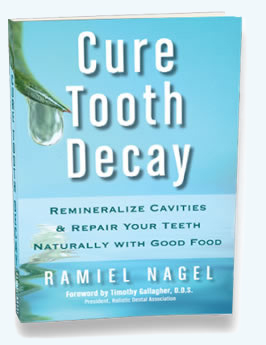



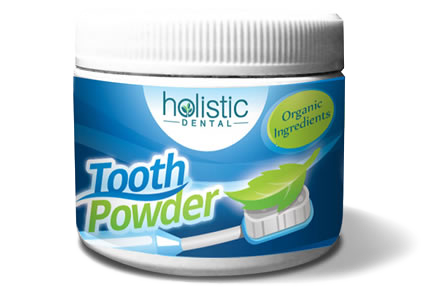
 The One Thing that Shocks Dentists
The One Thing that Shocks Dentists Diet Recovery: e-Book Review
Diet Recovery: e-Book Review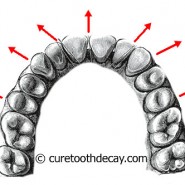 Assembly Line Orthodontics Can Damage Faces
Assembly Line Orthodontics Can Damage Faces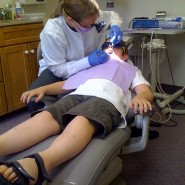 Pediatric Dentistry – Possible Inadequacies
Pediatric Dentistry – Possible Inadequacies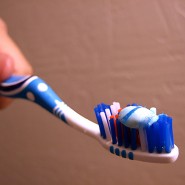 Magical Toothpaste Too Good To Be True
Magical Toothpaste Too Good To Be True Fluoride: A Toxic Waste, Part 2
Fluoride: A Toxic Waste, Part 2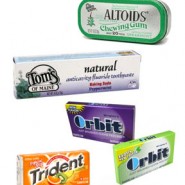 Sugar Alcohols and Tooth Decay
Sugar Alcohols and Tooth Decay Mounting Environmental Mercury Concerns – But What About Our Mouths?
Mounting Environmental Mercury Concerns – But What About Our Mouths?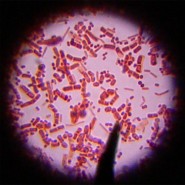 Bacteria Does Not Cause Disease – Raw Milk And Tooth Decay
Bacteria Does Not Cause Disease – Raw Milk And Tooth Decay Type 2 Diabetes Epidemic in Children; Dentistry and Tooth Decay
Type 2 Diabetes Epidemic in Children; Dentistry and Tooth Decay


